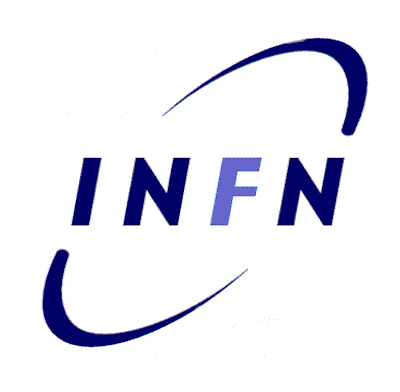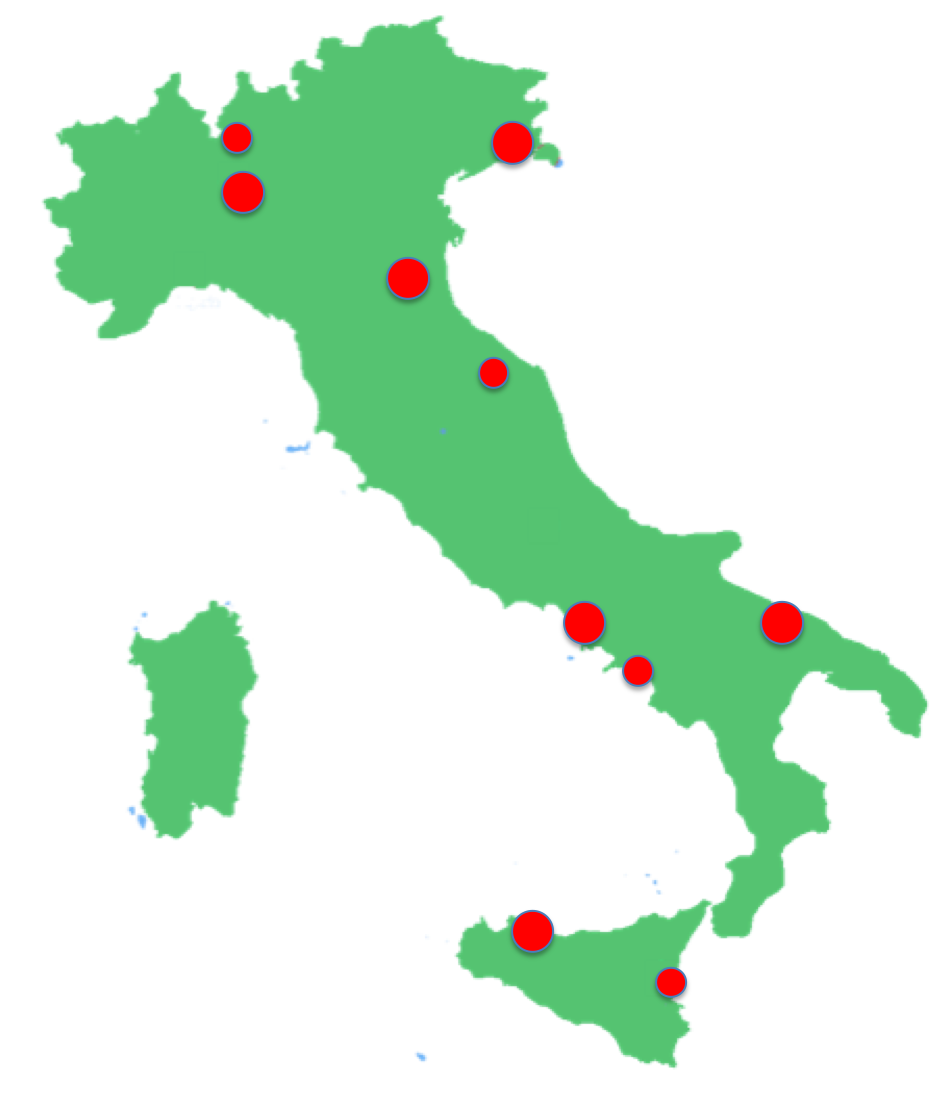Abstract
The QUANTUM Collaboration involves 9 research groups affiliated with 6 INFN Divisions: Bari, Bologna-Camerino, Catania-Palermo, Milano (Como), Napoli-Salerno and Trieste, and focuses on the recent developments that have changed the status of quantum mechanics and made the development of Quantum Technologies a European Flaghsip whose aim, as stated in the Quantum Manifesto (http://qurope.eu/manifesto), is “to place Europe at the forefront of the second quantum revolution now unfolding worldwide, bringing transformative advances to science, industry and society”.
Indeed, the most puzzling aspects of the theory, that were considered paradoxical until a couple of decades ago, have become the main focus of theoretical and experimental investigations, and are viewed nowadays as useful resources enabling the implementation of protocols and technologies precluded in the classical world. This deep change of perspective is being witnessed by the emerging field of quantum information and its many related activities.
Experimentally, one faces the astounding success in controlling single atoms, in freezing and manipulating atom arrays, and the increasing accuracy in interferometric techniques, leading to the concrete possibility of quantum-based technological advances, e.g. in metrology and sensing, with the development of devices capable of reaching unprecedented measurement accuracies. On the other hand, all these advances have stimulated parallel, extensive theoretical investigations on the key role played by quantum correlations (entanglement) and quantum coherence, the effects of decoherence and dissipation, the analysis of quantum phase transitions and the possibility of studying quantum behaviors by means of quantum simulators.
Since its beginning, the QUANTUM collaboration has actively worked in many of these new aspects of quantum physics and quantum technology, making relevant advances testified by numerous publications. The research activity is focused on:
i) Quantum simulations and many-body physics: use of the dynamical properties of quantum many-body systems to provide quantum simulators for quantum field theories.
ii) Entanglement in applied quantum technologies: study of the entanglement-based transmission capabilities of quantum channels; role of complexity.
iii) Quantum thermodynamics: study of efficient heat management and energy conversion in nano-scale thermal machines; quantum information processing in the ultra-strong field-matter coupling.
iv) Mesoscopic physics: applications of open quantum dynamics to many-body systems with emphasis on their entanglement properties at the mesoscopic level.
v) Geometric formulation of quantum mechanics and study of the quantum-to-classical transition.
i) Quantum simulations and many-body physics: use of the dynamical properties of quantum many-body systems to provide quantum simulators for quantum field theories.
ii) Entanglement in applied quantum technologies: study of the entanglement-based transmission capabilities of quantum channels; role of complexity.
iii) Quantum thermodynamics: study of efficient heat management and energy conversion in nano-scale thermal machines; quantum information processing in the ultra-strong field-matter coupling.
iv) Mesoscopic physics: applications of open quantum dynamics to many-body systems with emphasis on their entanglement properties at the mesoscopic level.
v) Geometric formulation of quantum mechanics and study of the quantum-to-classical transition.


